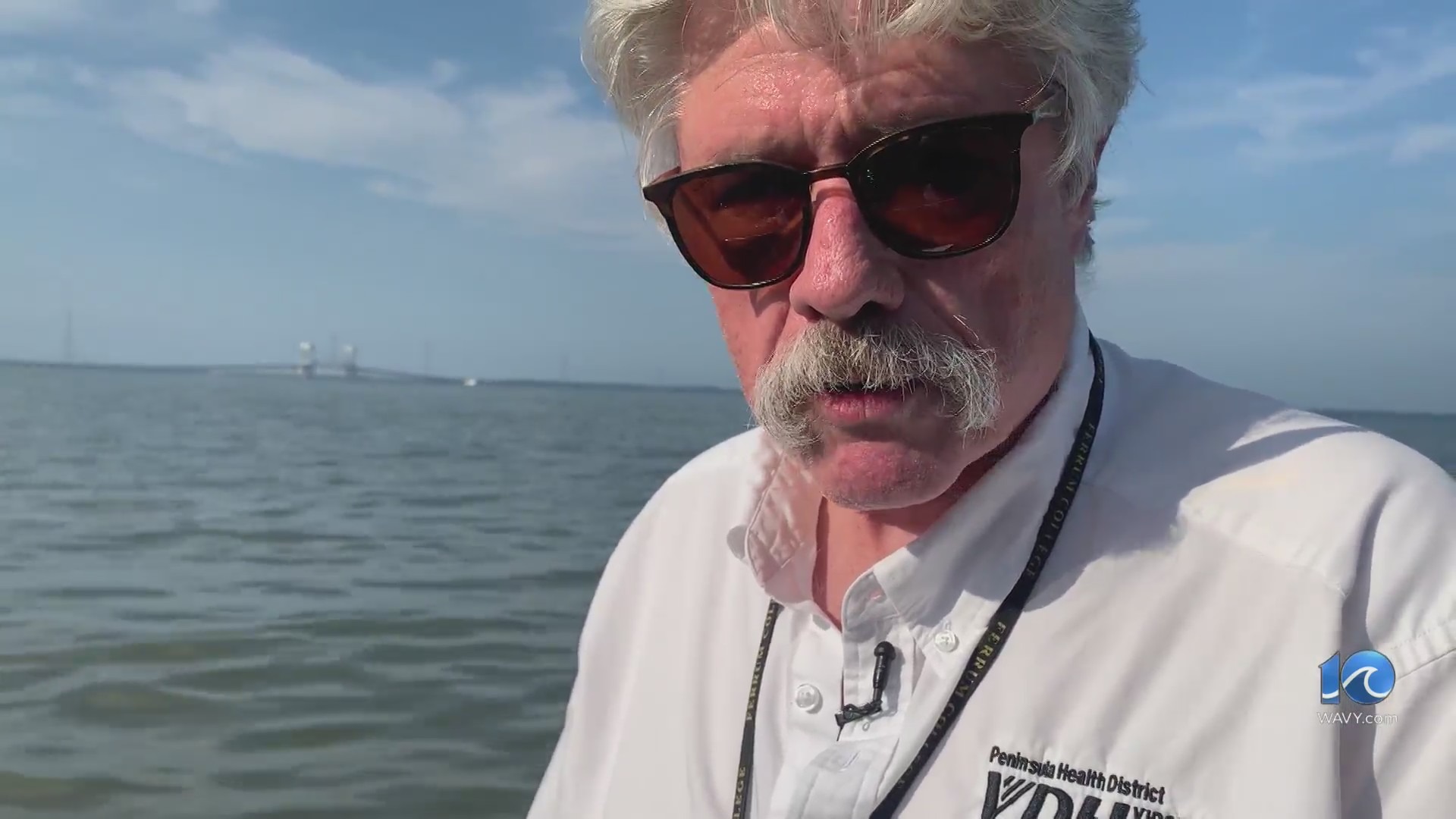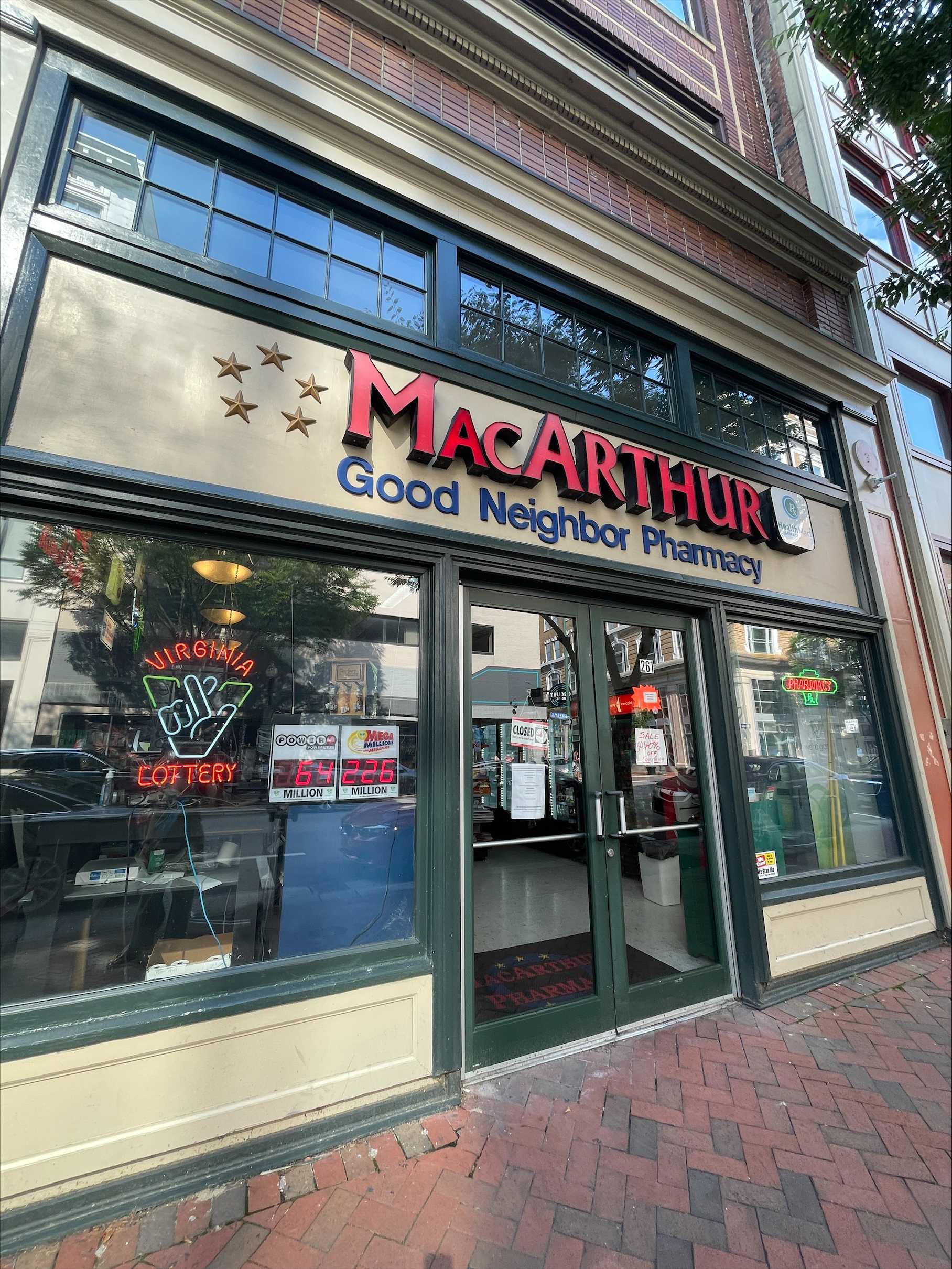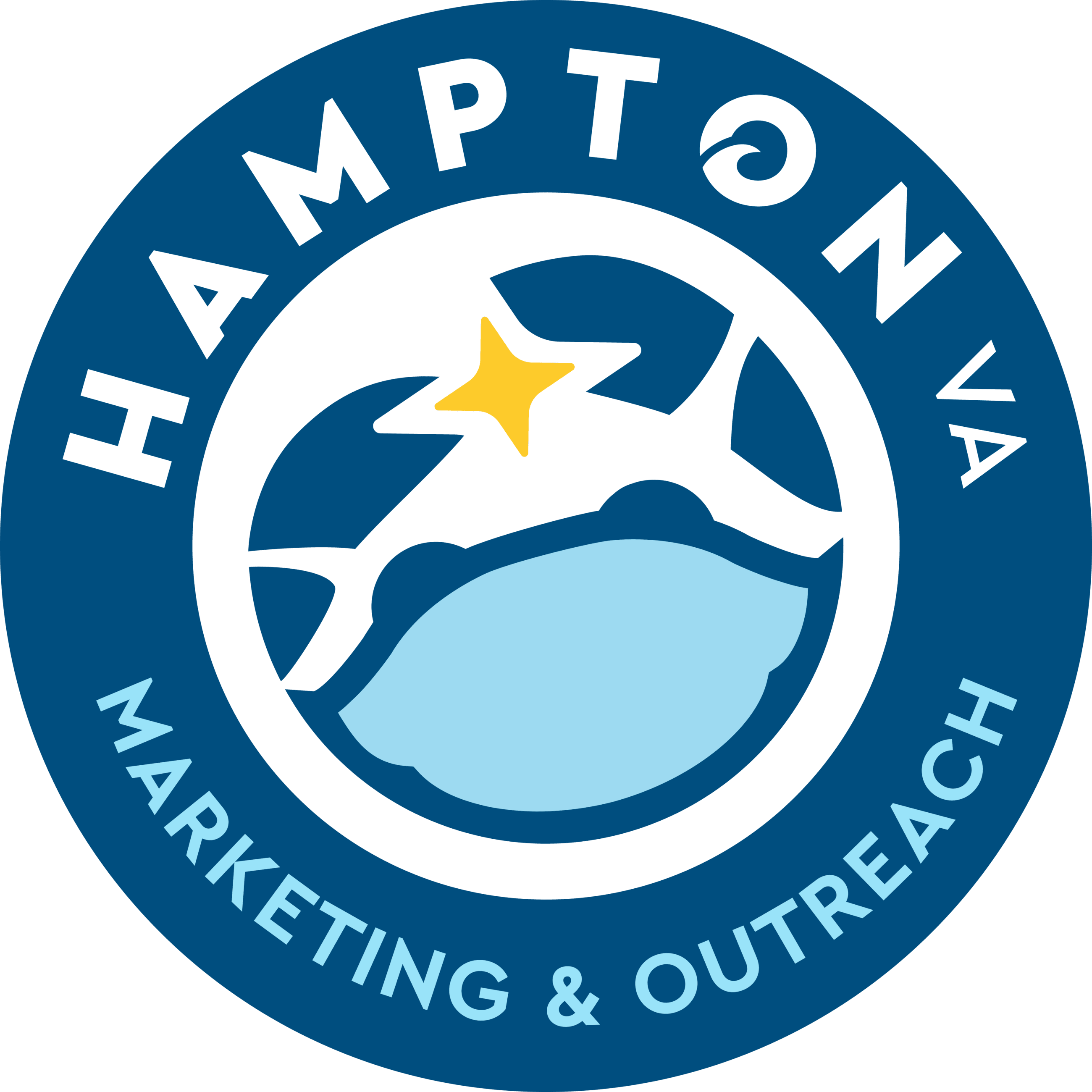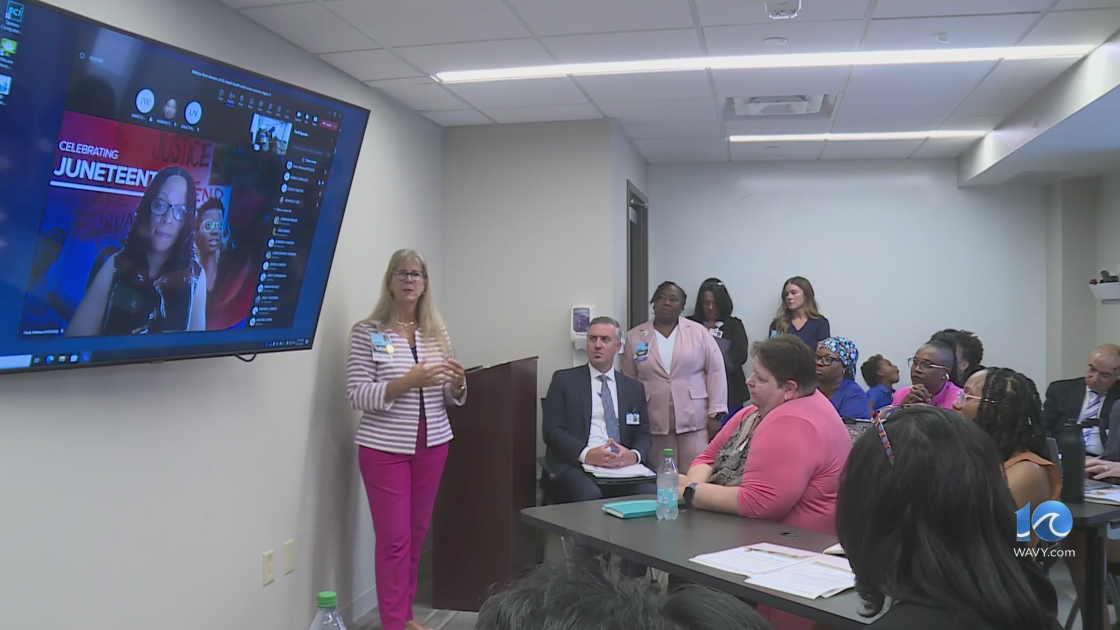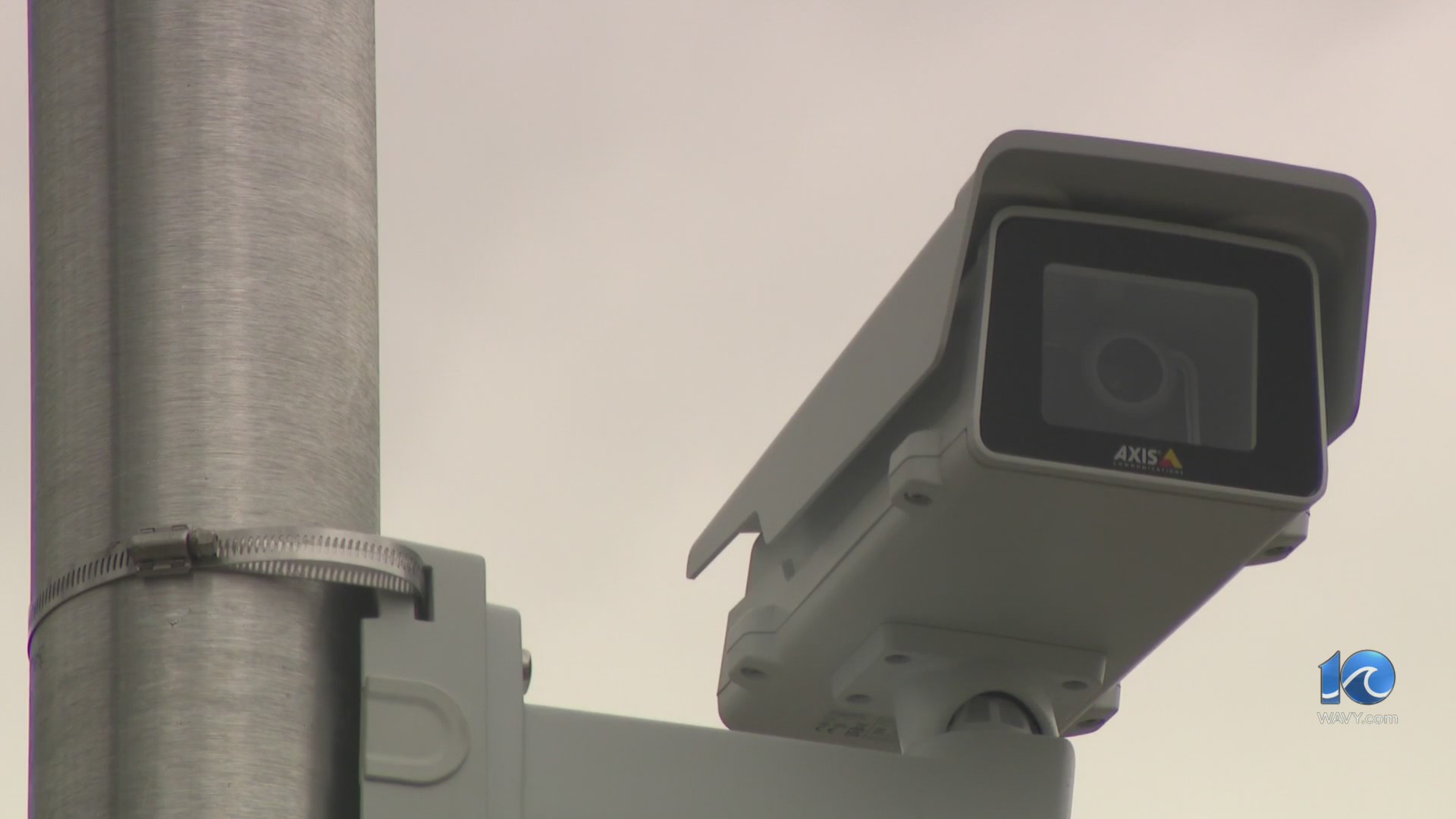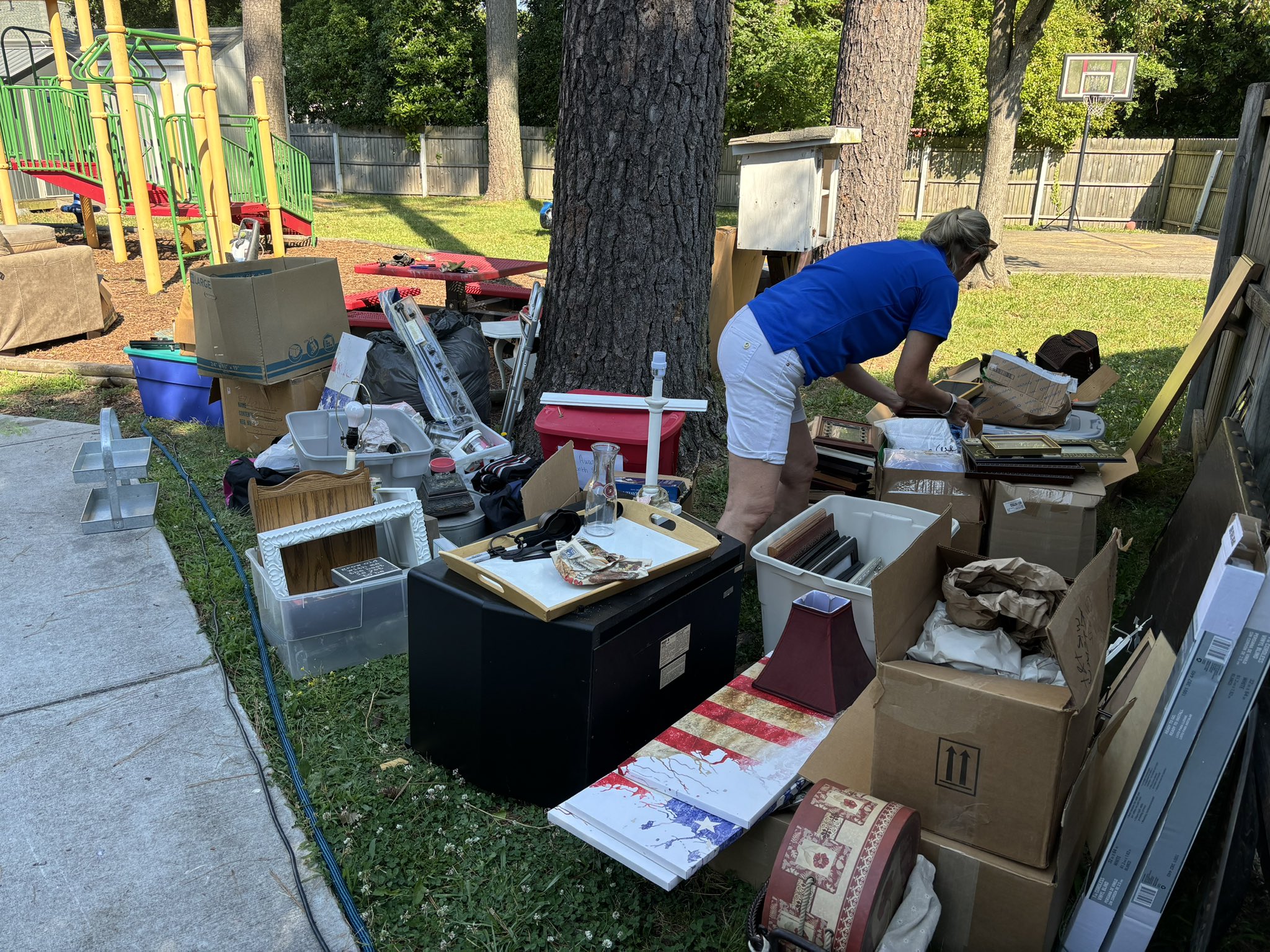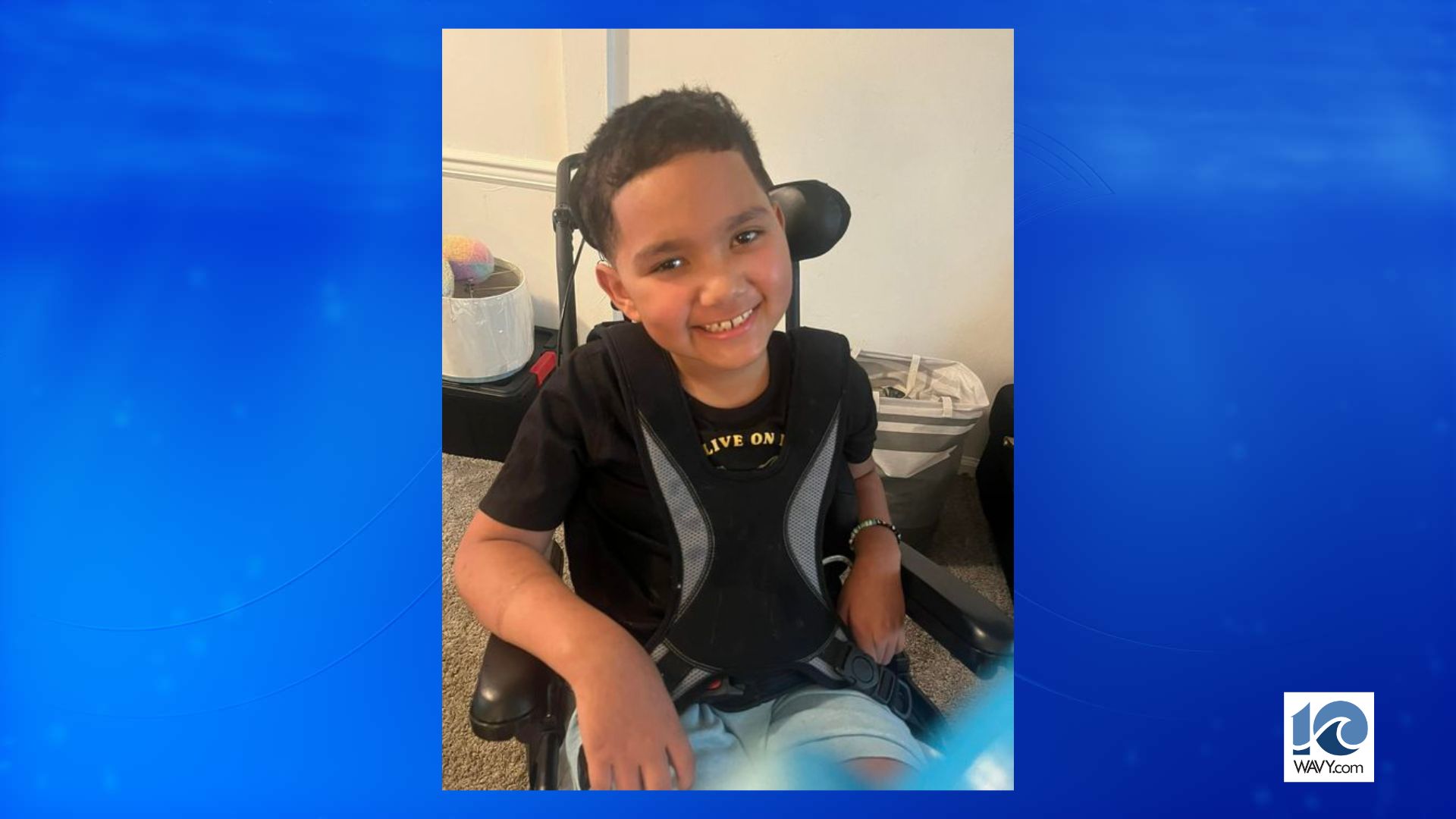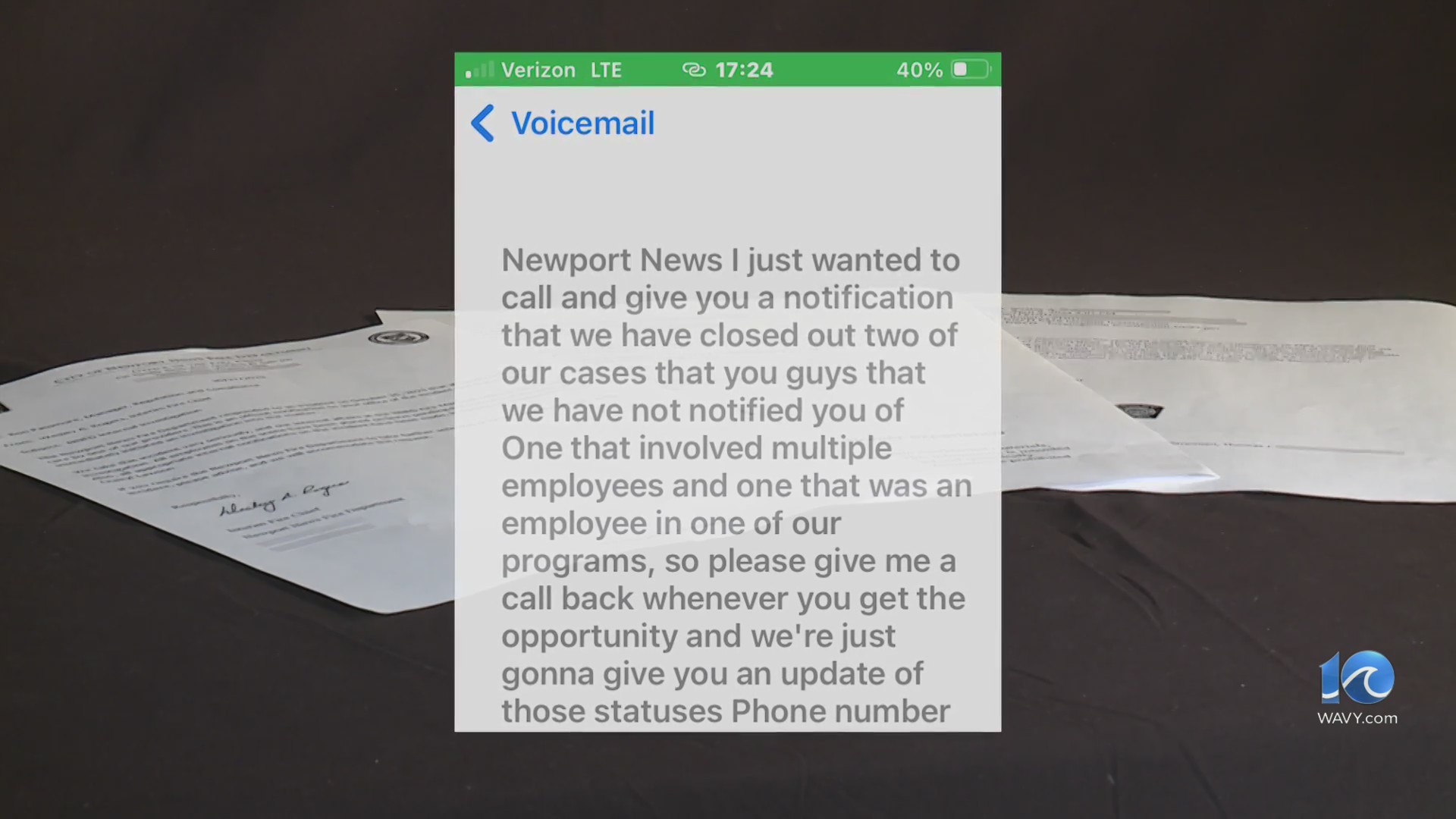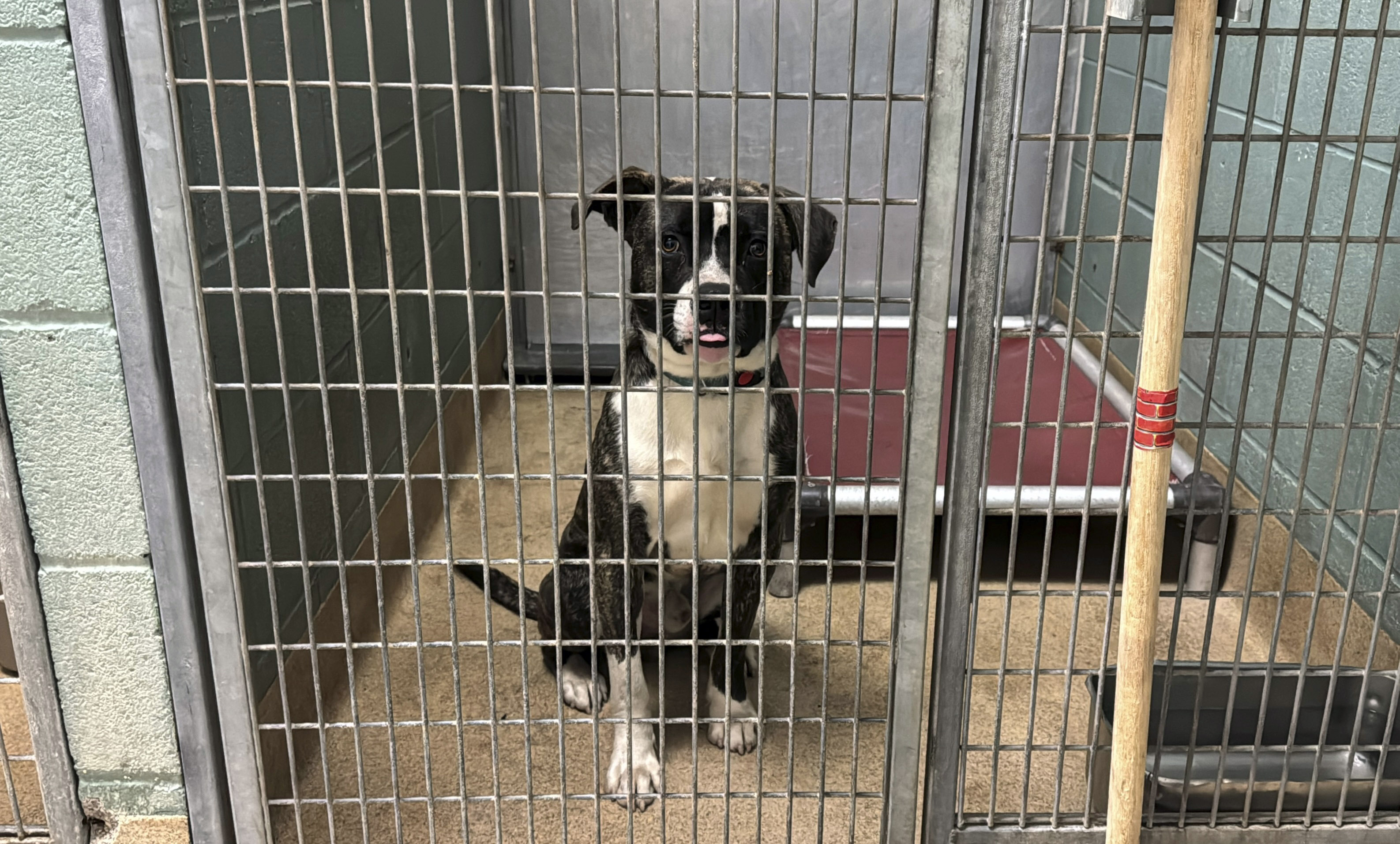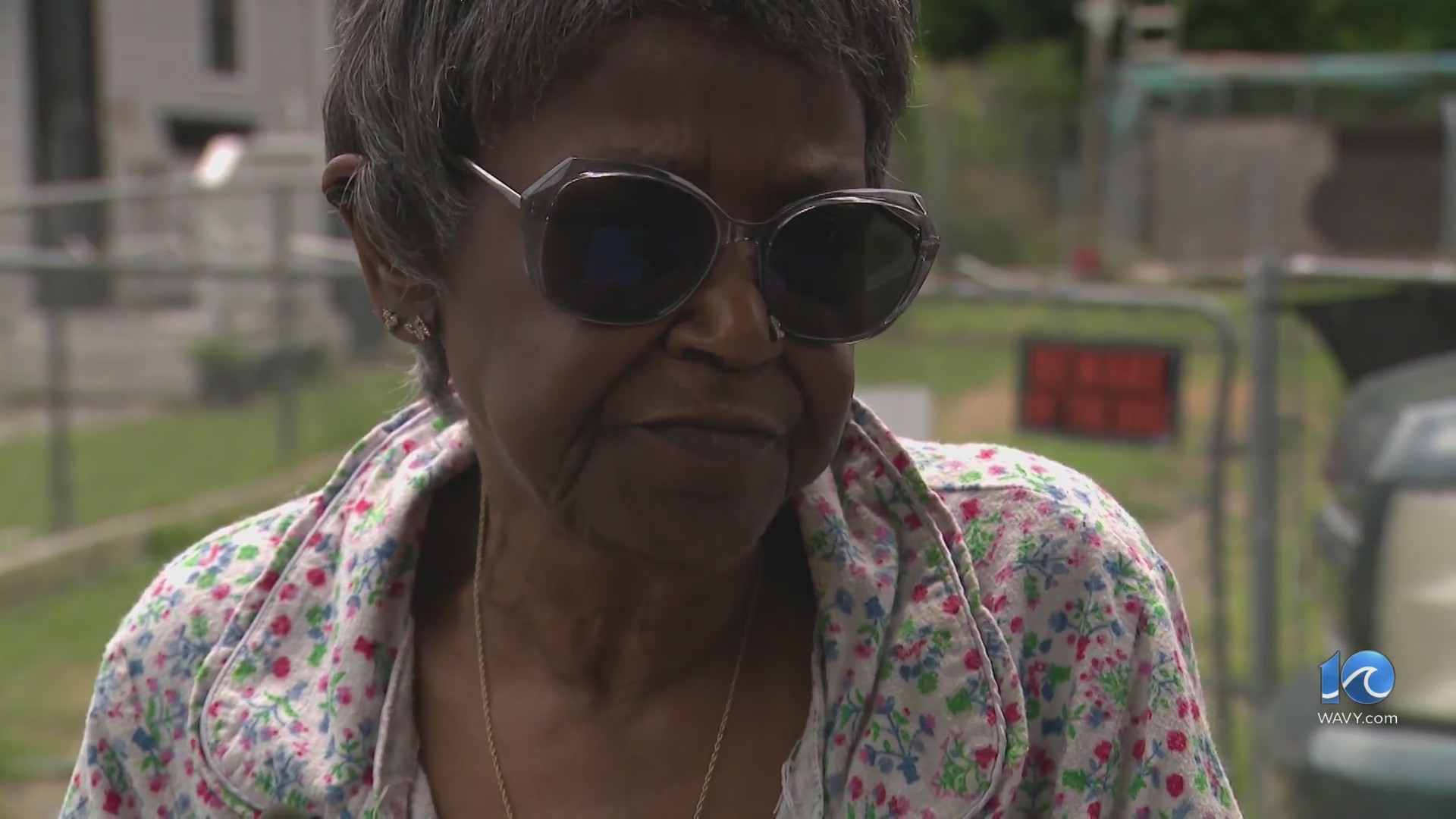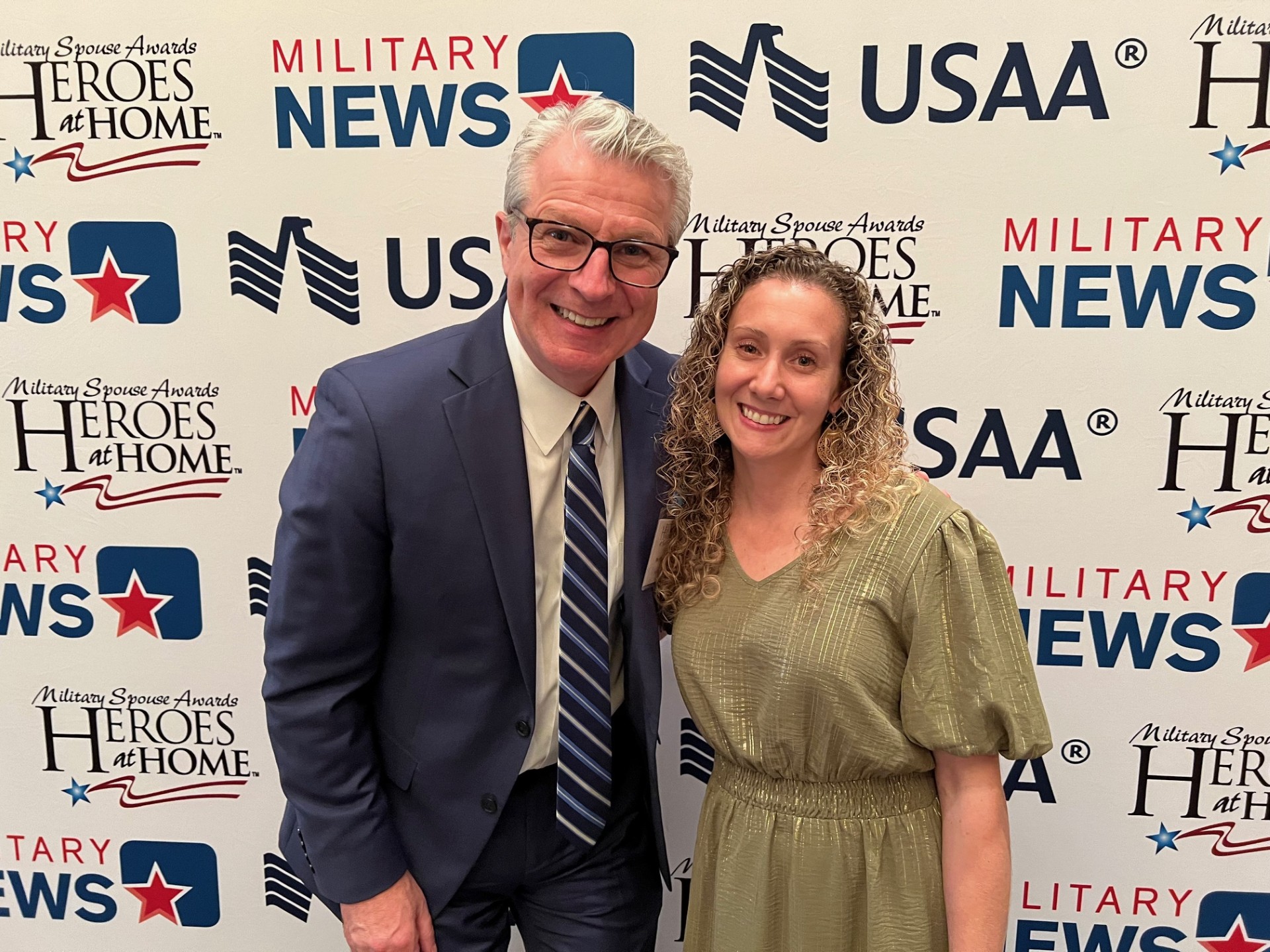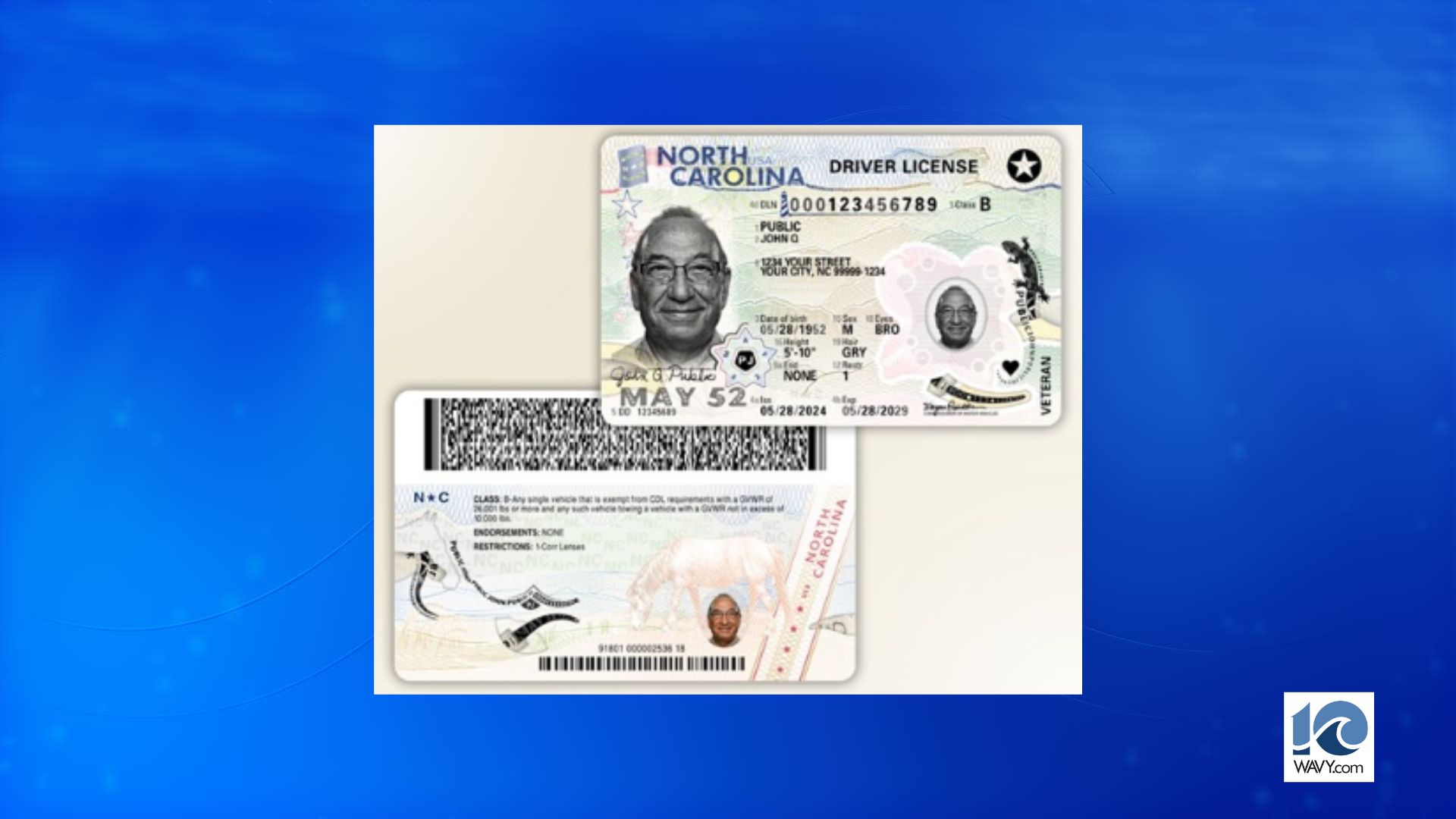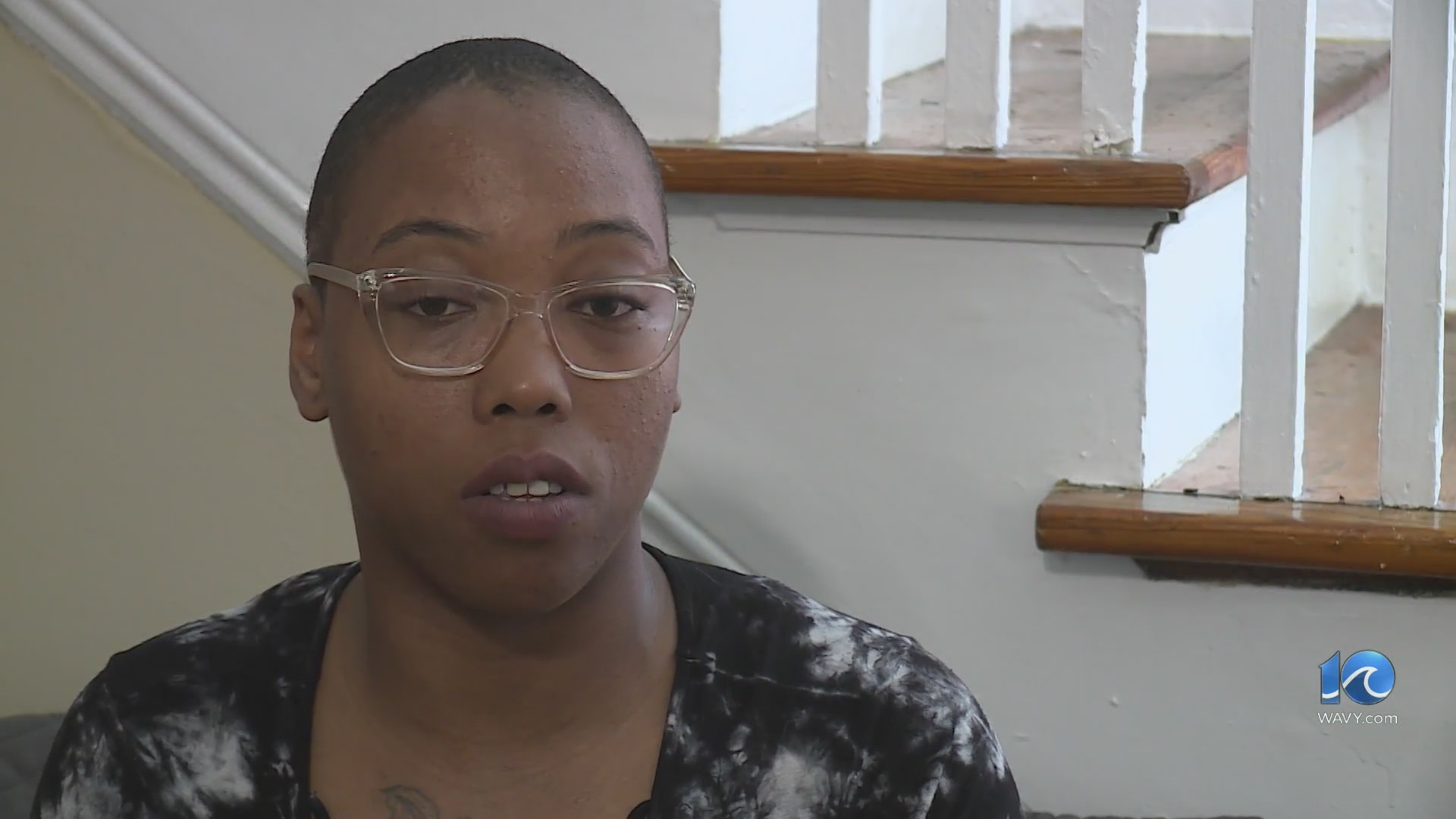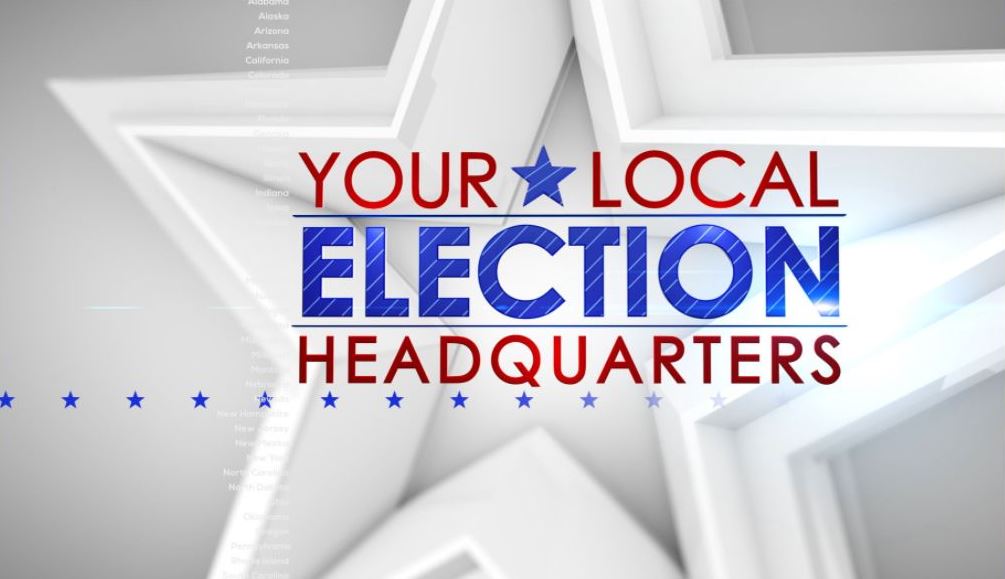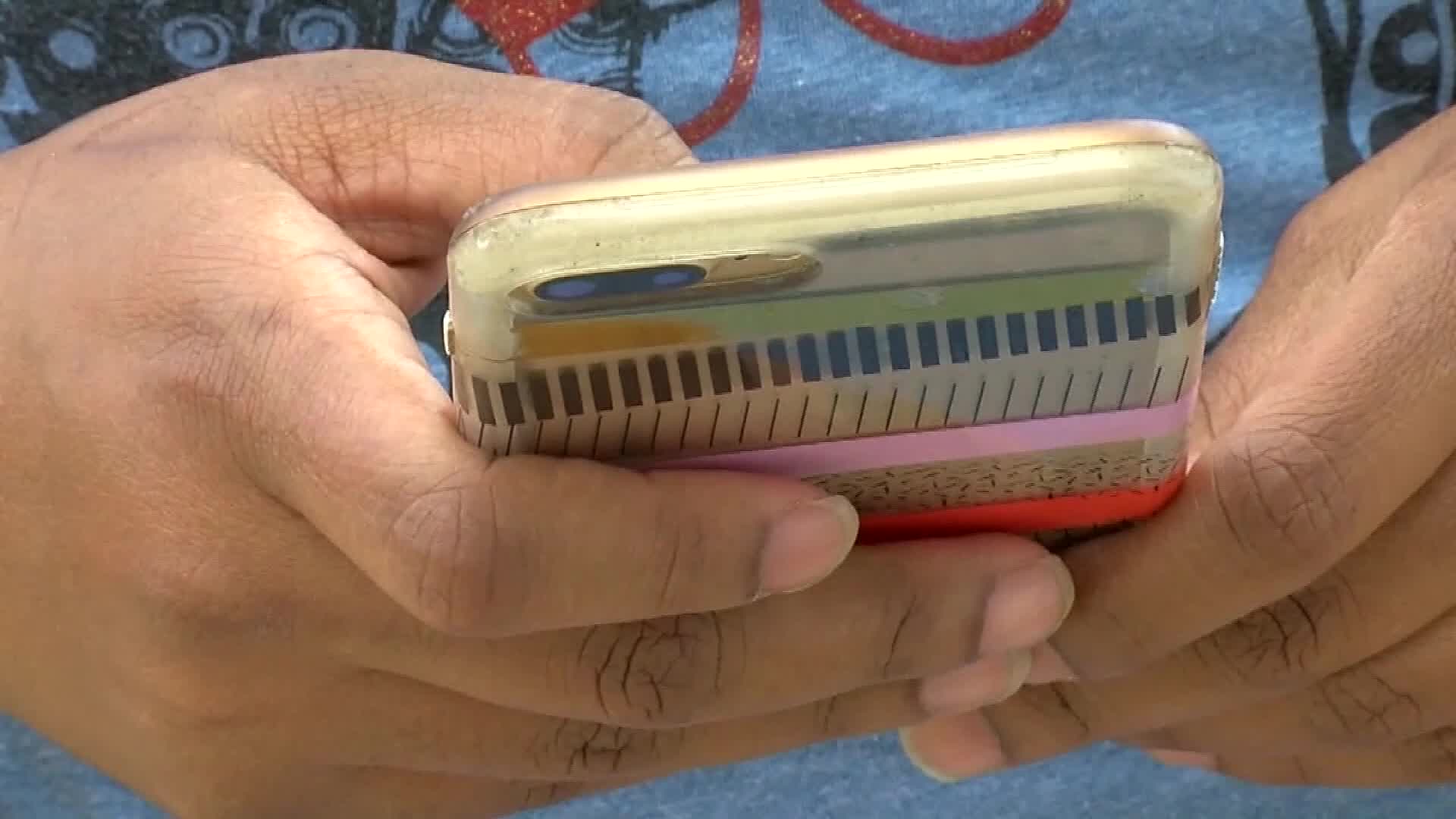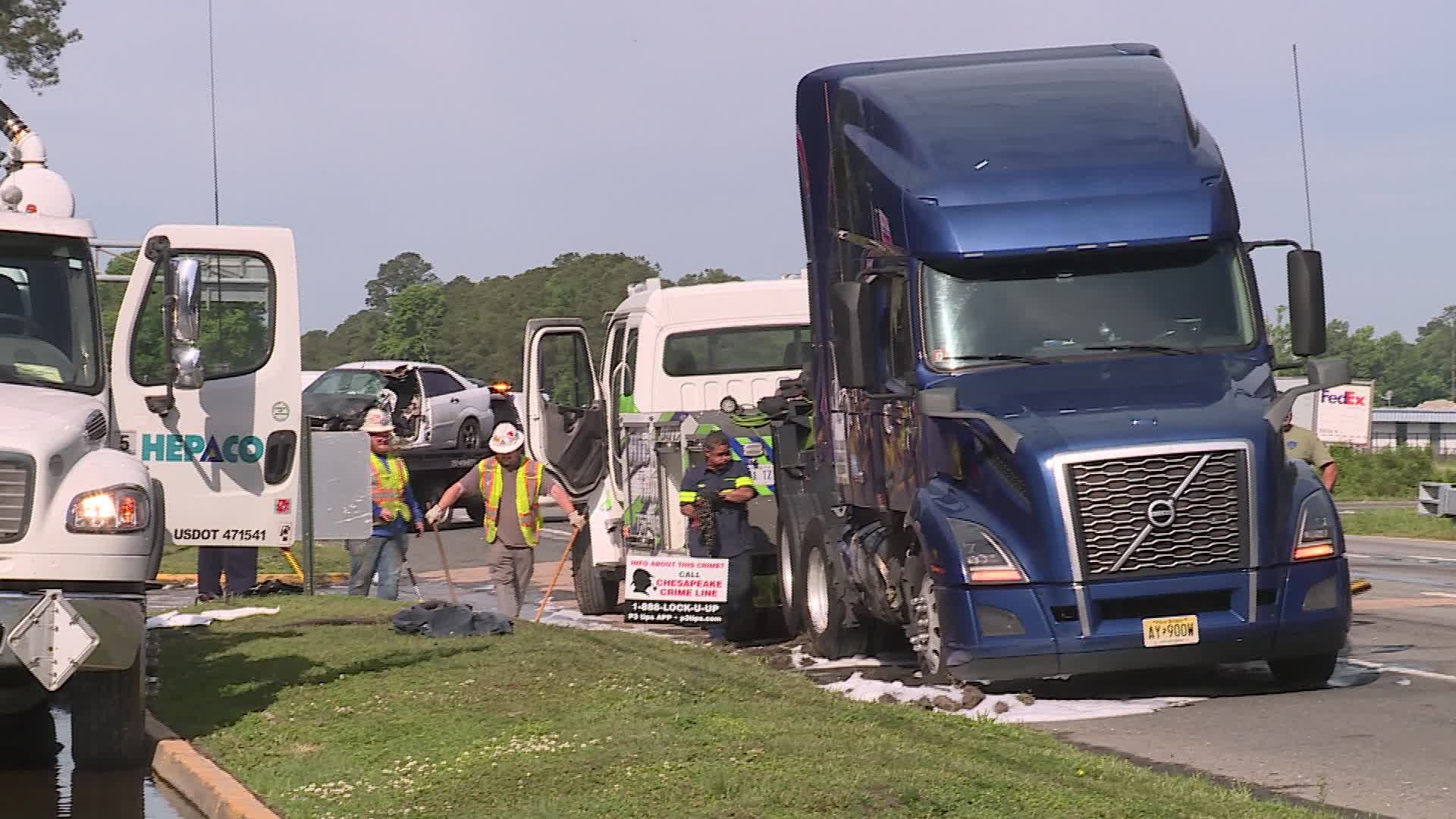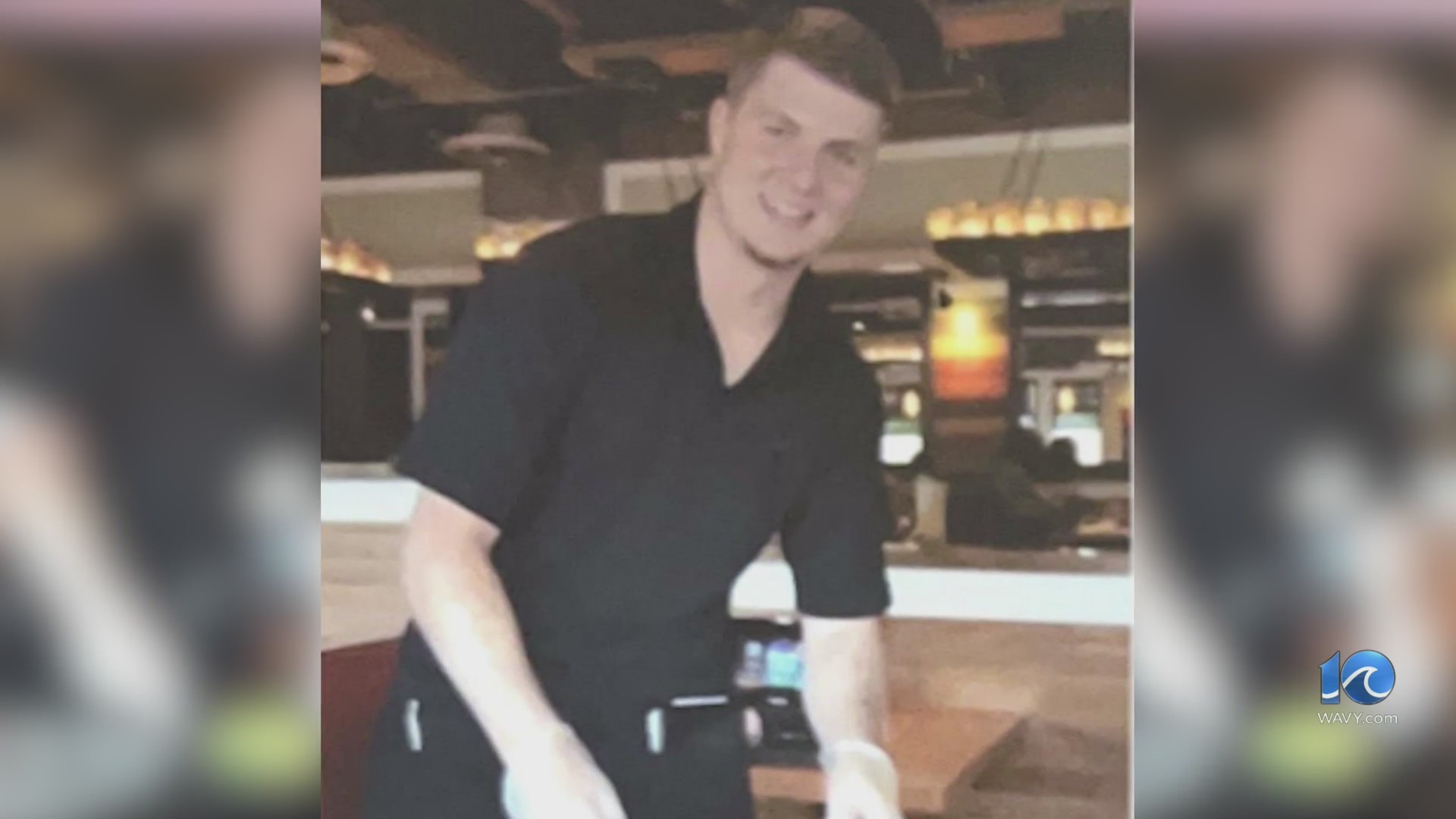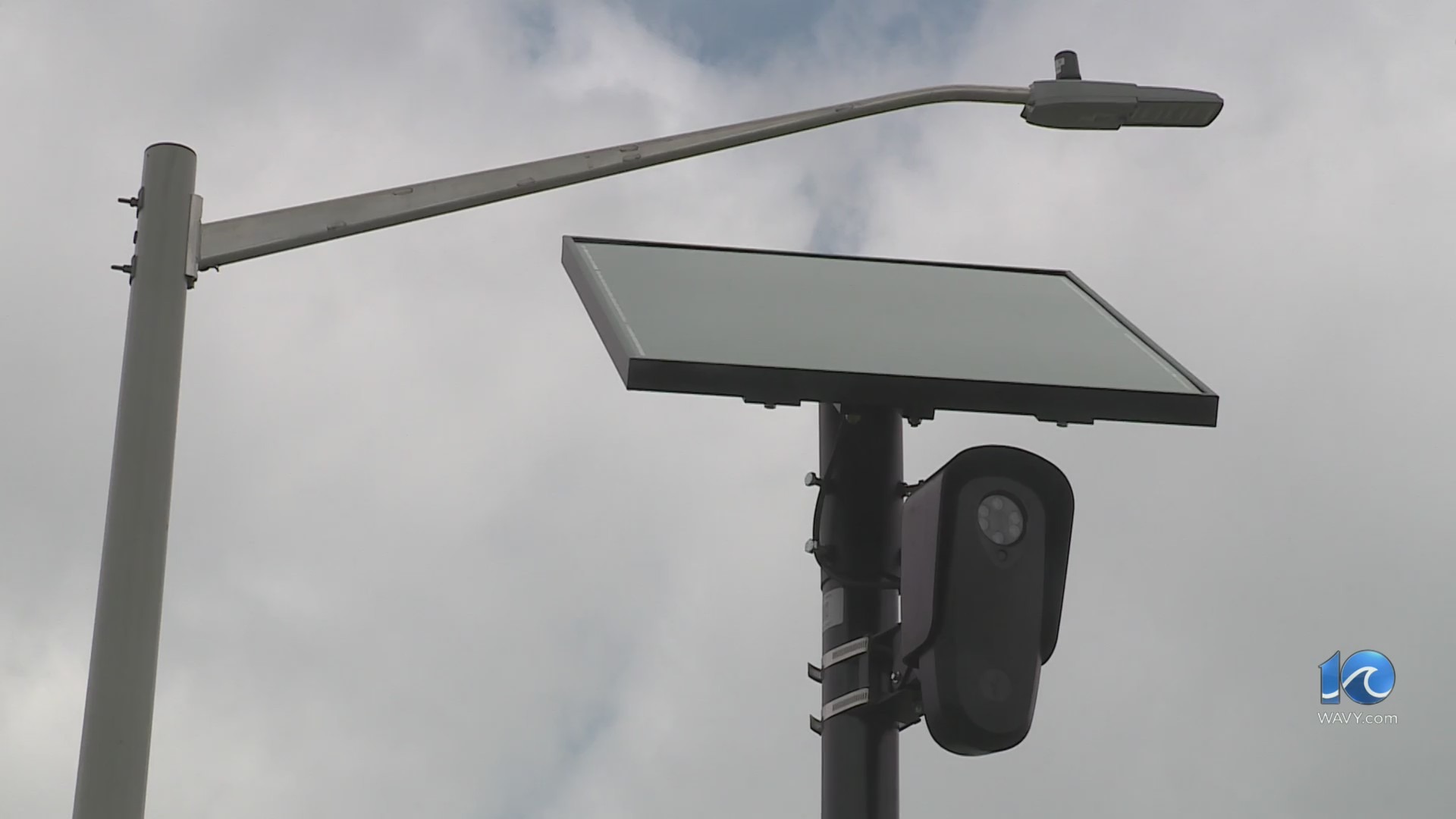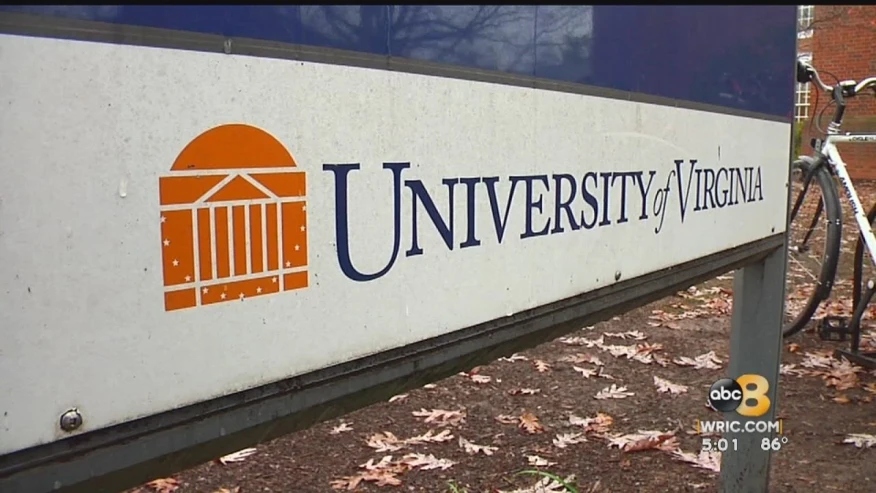PORTSMOUTH, Va. (WAVY) — The opioid crisis is an epidemic like we’ve never seen before.
But now there’s a new team of special agents targeting people who commit prescription drug fraud.
Drug Enforcement Administration agents recently sat down with 10 On Your Side to talk about the newly launched tactical Diversion Squad operating in the Richmond/Hampton Roads area for the first time.
“If a doctor is diverting controlled substances, in the minds of the DEA, the doctor is no different than a drug dealer operating in a white coat,” said Ruth Carter, the program manager for the DEA’s Diversion program.
The DEA is not mincing words about physicians committing prescription drug fraud.
“What we’re seeing now is 4 out of 5 new heroin users are first becoming addicted to prescription opioids,” said Michael Barbuti, a DEA assistant special agent in charge of the Richmond District Office.
Those addictions are having deadly consequences.
“In 2016 there were more drug overdose deaths than there were deaths in the whole Vietnam War. So, it’s a huge problem,” Carter said.
The DEA is now working to tackle it head-on — especially in Virginia, where there’s been an increase in what’s called pharmaceutical diversion.
The newly-functioning Tactical Diversion Squad is a special team operating in the Richmond/Hampton Roads area for the first time.
Their goal is simple — to make sure drugs are used for their lawful purpose and not diverted to be used for something else.
“We have been very successful at prosecuting these cases in federal court, and so that’s part of our enforcement strategy,” said Todd Prough, the Tactical Diversion Squad’s supervisor.
So far the new team, fully staffed just 4 months ago, has already handled 20 cases.
One of their recently finalized cases involves a Southampton County physician.
Dr. James Crouch was a board-certified ER doctor practicing at the Southampton Memorial Hospital in Franklin until last year, when he was arrested for prescription drug fraud.
According to an affidavit in September 2017, a witness told the DEA that Crouch forged another doctor’s signature to get drugs.
Crouch gave the written prescription to the DEA witness who wasn’t his patient and had never even been seen by him.
The witness was to get the prescriptions filled, keep some, and return others to Crouch himself.
Crouch pleaded guilty to the crimes in December and was sentenced last week to 30 days in a halfway house and 3 years’ probation.
Although not talking about this case specifically, Prough said the majority of the diversion in the commonwealth happens through prescription fraud.
“It’s quite a significant problem here in Virginia,” he explained.
Andy Protogyrou has been a defense attorney for three decades, and is often hired to handle drug cases. He told 10 On Your Side he’s seeing a big change in some cases he handles.
“To see it much more now than we ever did a year ago, two or three years ago, tells us that the feds have stepped up whatever they’re doing. They are looking at cases or seeking cases more than they did before,” Protogyrou said.
He explained when one compares the federal system to the state system, there could be more favorable circumstances in one versus the other.
“If they are guilty and they end up in the federal system there can be a benefit to the defendant that they can get help that they normally could not get in the state system. Just does not exist,” he said.
Obviously, the various circumstances make a difference.
Protogyrou admits in some cases federal prosecution can be more harsh, but the potential benefits include things like hospital treatment for addiction, supervised release and opportunities to obtain a college degree.
“When you look at the two and you see what can actually give you the therapies, the assistance and the education, the federal system does have the money to do that,” Protogyrou said.
Prough also admits there are benefits in the federal system but says it’s simply part of their enforcement strategy to ultimately stop the illegal use of prescription drugs.
“If that gets people to comply with the law then that’s what we’re looking for,” Prough said.
In another, newer procedure for the agency, the DEA is doing extensive community outreach about the opioid epidemic and what they’re doing to stop it.
They’ve developed a free online curriculum for middle and high schoolers.
Plus the DEA is hosting a national prescription take back day on April 28.



















































